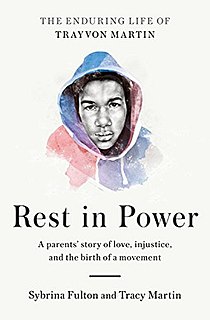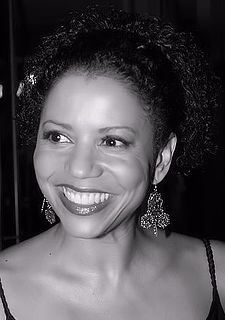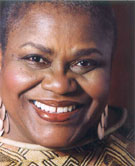A Quote by Ta-Nehisi Coates
We had particular policies in this country that resulted in the larger share of poverty that we have in African-American communities.
Quote Topics
Related Quotes
I don't regret the fervor, because I do believe, in the African American community but also for other communities, and I know from talking to people, for communities around the world, the election of an African American to the most powerful office on Earth meant things had changed, and not just in superficial ways. That in some irreversible way the world was different.
I would definitely like to see the education process more enhanced in African-American communities, because we need to be educated on laws that are relevant to our communities and our people, as well as to any other ethnic groups. A broader view of how people perceive African-American boys and girls in this country is what I'd like to see.
Yeah, remember, under the Bush administration, welfare — I mean, excuse me, poverty among African Americans and among single unmarried women, poverty was at the lowest rate ever in the history of this country. So Obama’s policies are not working, Bush polices worked! For long a time as a matter of fact.
Too often the media assumes that "poverty" is an African American or a Latino issue. Of course, that's nonsense. While a higher percentage of the African American and Latino population does live in poverty as compared to the white population, when overall numbers are looked at, it is clear that people of all races, ethnicities, and colors, are represented amongst America's poor.
I am proud to live in a country with an African-American president. But President Obama cannot be proud of the fact that the prevalence of black poverty has actually increased under his leadership. The specific policies advanced by the president and his allies on the left amount to little more than throwing money at the problem and walking away.
There are constraints on what counts as "Reformed." It's more than a name or a label. It's about belonging to a particular theological stream or tradition, which is shaped in important respects by particular thinkers and their work, particular arguments and ideas, a particular community (especially, particular church communities, denominations, and so on), particular liturgies or ways of worshipping and living out the Christian life, and particular confessions that inform the practices of these communities.
Michael Jackson fundamentally altered the terms of the debate about African American music. Remember, he was a chocolate, cherubic-faced genius with an African American halo. He had an Afro halo. He was a kid who was capable of embodying all of the high possibilities and the deep griefs that besieged the African American psyche.
































